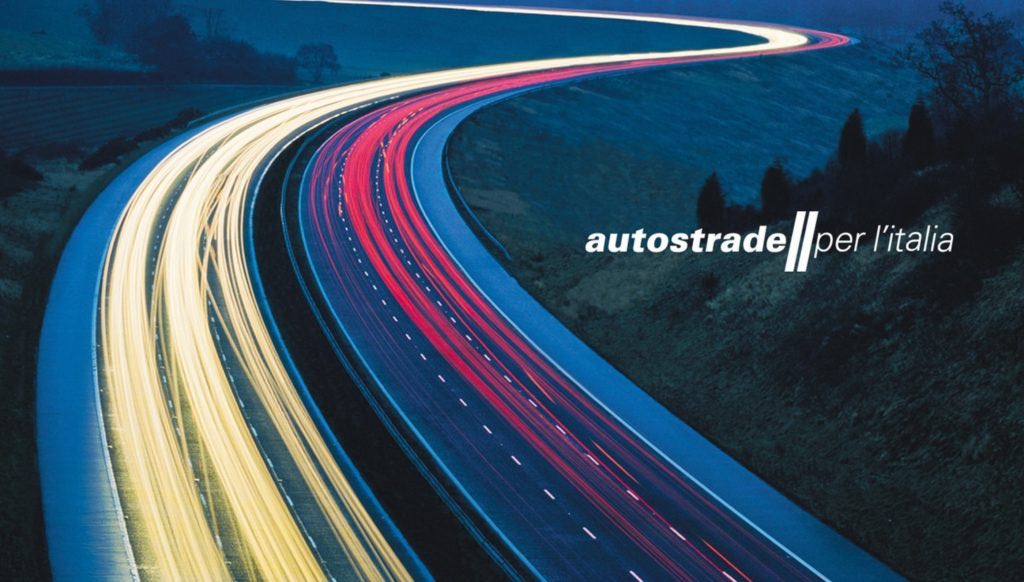
A group of hedge funds, including the London-based TCI, intends to ask the European Commission to open an infringement procedure against Italy for the sale of Atlantia‘s stake in Autostrade per l’Italia (ASPI), Financial Times writes. TCI founder Christopher Hahn said the FT :”What the government is doing is illegal and will have a chilling effect on international investment in Italy”. TCI holds 1% of Atlantia, in addition to a 5% equity swap exposure.
The King Street Capital Management and Farallon Capital Management funds, which own 1 to 2% of Atlantia, should also appeal to Brussels. Last week, TCI filed a 12-page complaint with EU Competition Commissioner Margrethe Vestager, alleging that the Italian government violated at least 8 principles of European law and that “the agreement was driven by political reasons and was reached without any framework. legal”. Furthermore, TCI sent a letter to the Italian government, accusing it of expropriation and proposing an alternative solution to the ASPI affair. In detail, Jonathan Amouyal, partner of the TCI fund, believes that “the only solution to guarantee a smooth exit of Atlantia from the motorway business is that Cdp purchases the company at market price without the capital increase”. In his view, the current valuation of Autostrade is around 11-12 billion euros.
The latter is a figure in line with that estimated on the market, using a RAB based method (see here a previous article by BeBeez), therefore less than the 14.8 billion euros on the basis of which the last ASPI capital transaction was conducted in 2017, when the consortium formed by Allianz Capital Partners, EDF Invest and DIF, on one hand, and Silk Road Fund, on the other, had bought 11.94% of the capital of Autostrade per l’Italia (see here the press release of August 2017 and here the one of April 2017). ASPI’s 2019 financial statements closed with revenues of 4.1 billion, an ebitda of 710 million (which reflects a provision for charges of 1.5 billion euros, related to the commitment envisaged in ongoing negotiations with the government and with the Ministry of Infrastructure and Transport aimed at closing the disputes advanced for the Ponte Morandi affair) and a net financial debt of 8.4 billion.
Meanwhile, the memorandum of understanding between Cassa Depositi e Prestiti (Cdp) and Atlantia is expected today, which will officially launch the operation on ASPI. And for this purpose Cdp has appointed Citigroup and Unicredit as its advisors, while for Atlantia the advisors are Bank of America Merrill Lynch, JP Morgan and Mediobanca (see Reuters).
ASPI is currently 88% controlled by Atlantia, a group listed on Piazza Affari, in turn participated by Edizione Holding of the Benetton family, and ended in the storm after the collapse of the Morandi bridge in Genoa on the motorway section of which it has the concession, to release the grip on ASPI. After a long negotiation with the Government, at the beginning of July 2020 Atlantia made two settlement proposals to facilitate the passage of control of ASPI to Cdp, concerning, respectively, a new ASPI corporate structure and new contents for the settlement of the dispute ( see the press release of the Prime Minister here). The preferred solution is an ASPI capital increase of at least 3 billion euros dedicated to Cdp, which will bring it to 33%, and a sale of 22% shares of ASPI by Atlantia to one or more investors appreciated and identified by Cdp. All in the context of a split of ASPI at the same time as an IPO, which will bring Edizione Holding to dilute to 11% and the other shareholders of Atlantia (the consortium formed by Allianz Capital Partners, EDF Invest and DIF, on the one hand, and Chinese Silk Road Fund, on the other) at even lower shares. Aspi’s new shareholding structure will therefore see a block consisting of CDP (33%) with institutional investors (22%) which will form a 55% majority.
Many want to buy the 22% stake in ASPI. The interest of Cdp is that in the capital of ASPI enter especially long-term Italian investors as banking foundations can be and it is precisely to probe the availability of the foundations members of Cdp (with 15.93%) that the chairman of Cdp Giovanni Gorno Tempini and ceo Fabrizio Palermo met Cdp shareholders banking foundations’ top management in a video call last week. Some of the larger foundations, including Cariplo and Compagnia San Paolo and CRT, but not Cariverona, are said to have expressed a general availability (see here a previous article by BeBeez).
Foundations aside, interested in supporting Cdp in the capital of ASPI, probably through a fund specifically structured by F2i sgr (see here a previous article by BeBeez), are also Poste Vita (which would be studying an investment of at least 300-400 million euros ), and some pension funds, such as Cassa Forense (lawyers), Enpam (doctors), Inarcassa (architects) and Cassa Geometri (see here a previous article by BeBeez). And of course, the private equity funds like Macquarie, KKR and Blackstone are obviously interested (see here a previous article by BeBeez). Without forgetting international pension funds and foreign sovereign wealth funds, especially those that have subscribed to the third fund of F2i and who are GIC, the sovereign wealth fund of Singapore, and PSP, the pension fund of Canadian civil servants and law enforcement agencies (see here a previous article by BeBeez). In recent months there has also been talk of the possible involvement in the match of the former ASPI ceo and former ceo of F2i sgr, Vito Gamberale (see here a previous article by BeBeez). The latter, in fact, has returned to deal with investments in infrastructure, this time at the head of a new investment company that has two funds closed in partnership with Pramerica sgr.
EdiBeez srl


